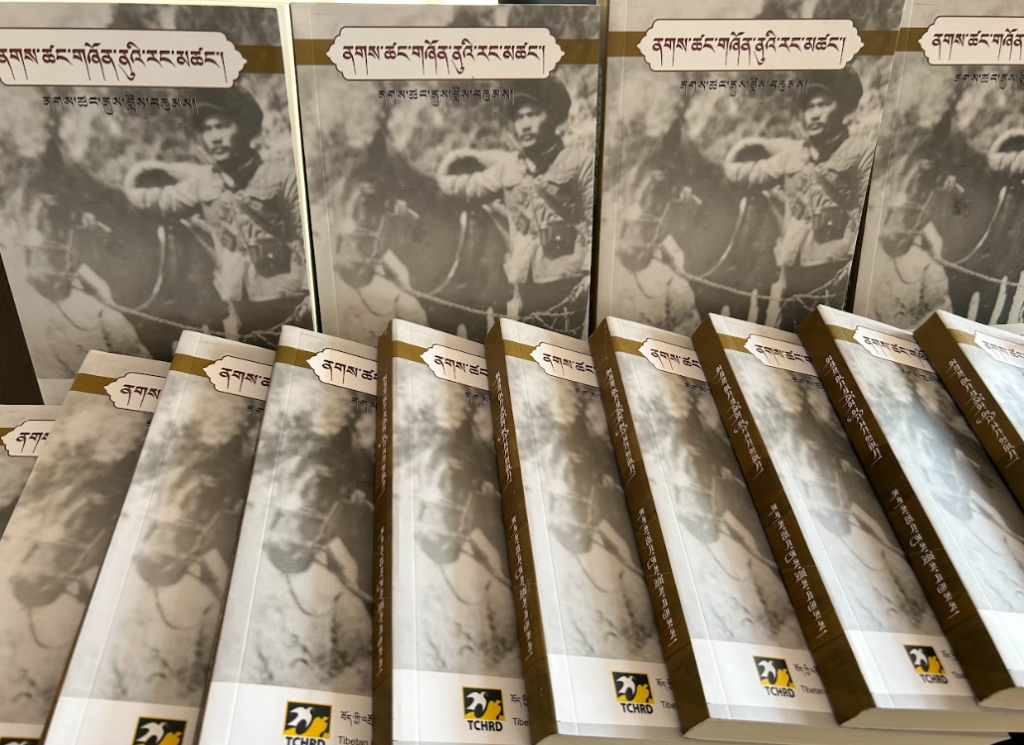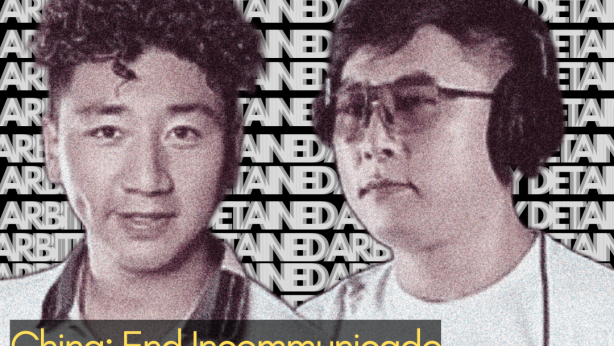Naktsang Nulo’s new book captures his brave and unflinching voice on life under Chinese occupation
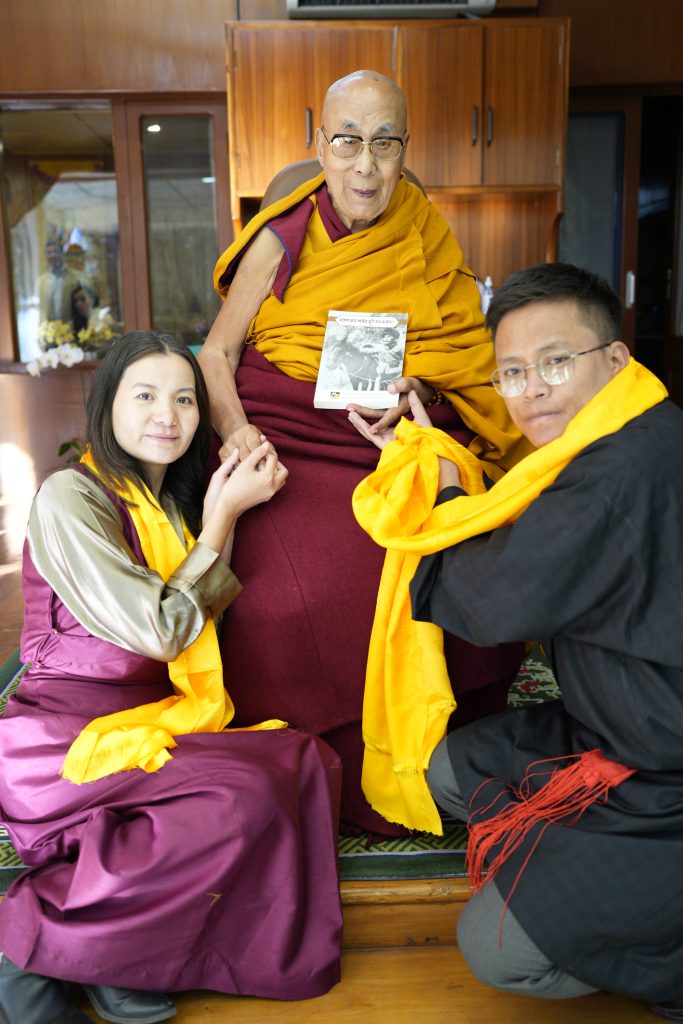
The Tibetan Centre for Human Rights and Democracy (TCHRD) is deeply honoured and privileged to release a new book by the critically acclaimed Tibetan author Naktsang Nulo, known for his unique voice and perspective on life in Tibet under Chinese occupation.
Titled ‘Naktsang’s Embarrassing Youth’ (Tib: Naktsang Shonue Rangtsang), the book continues the story of the author’s life as told in his first autobiography, ‘Naktsang Son’s Bittersweet Life’ (Naktsang Shilue Kyiduk), the English translation of which was published by the Duke University Press in 2014. This inaugural autobiography recounted poignant childhood memories, detailing the challenging circumstances surrounding China’s occupation of Tibet, the Tibetan resistance movement, experiences of torture endured in prison, episodes of starvation, and various other pressing issues.
This latest offering from Naktsang spans 269 pages, comprising 31 chapters, all of which are complemented by a comprehensive reference document in the final pages. The initial segment, titled ‘Carrying the Burden of Sorrow Together, Riding the Horse of Happiness Together,’ encompassing 10 chapters, eloquently delves into the author’s poignant recollections of his formative years at the Chumarleb Primary School, located in present-day Chumarleb County in Yushu Tibetan Autonomous Prefecture, Qinghai Province, in the Tibetan province of Kham.
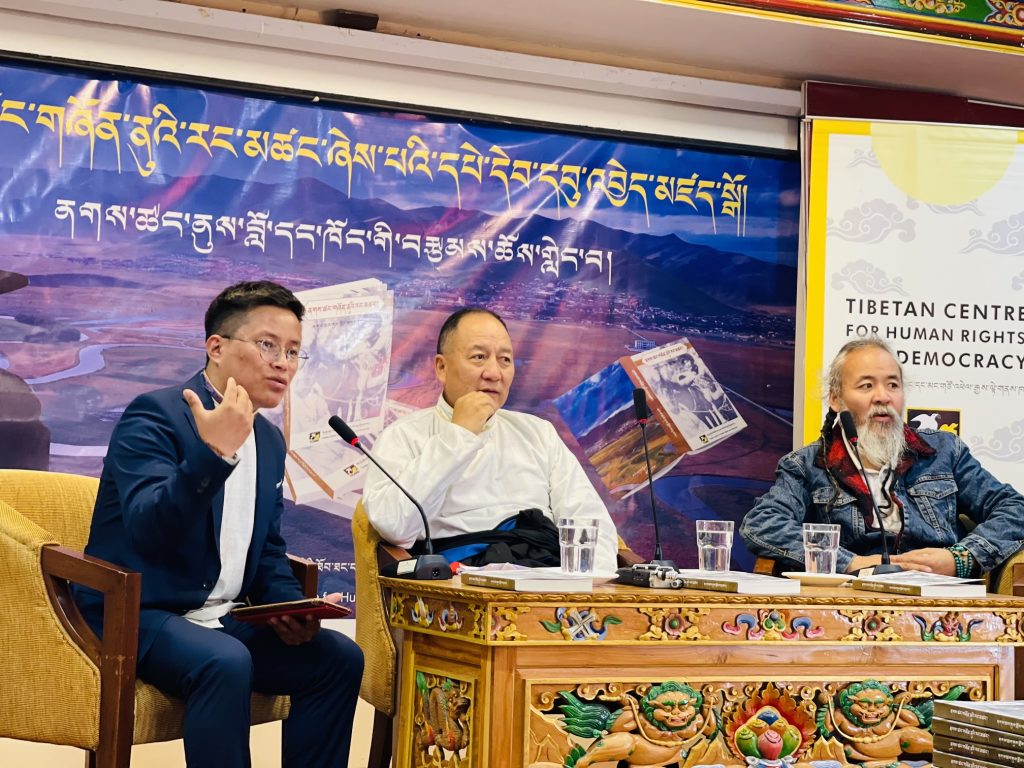
Another 10 chapters under the section titled ‘Lost Roots and Shattered Values: Navigating a World Gone Mad’ provides firsthand accounts of the tragic reality of cultural genocide, vividly illustrating the collective suffering endured by both the Chinese and Tibetan communities during the tumultuous period of Cultural Revolution. These narratives unfold against the backdrop of his role as a teacher at the Chumarleb school.
In the final segment, ‘A Leader Must Serve Public Good and Embrace Decisive Authority,’ which comprises 11 chapters, the author reflects on his experiences serving as a Public Security Bureau officer in Bagon Township and as a deputy judge and mayor of Chumarleb County. Throughout these roles, the author recounts the multifaceted challenges inherent in leadership positions and describes how he addressed public issues and fulfilled responsibilities while delving into older documents, learning about historical events, and gaining insights into local customs.
The book also details accounts on the experiences of both Chinese and Tibetan officials. Particularly noteworthy are the compelling narratives depicting the challenges faced by Tibetan officials operating under the constraints of the Chinese system. The writer articulates these challenges by drawing from his firsthand experiences and providing readers with a nuanced understanding of the complexities surrounding the lives of Tibetan officials working in the Chinese system.
TCHRD received the manuscript of this book early this year from sources inside Tibet. Before publishing, the centre’s research section devoted much care and attention to the editing and proofreading process in order to preserve the author’s original Tibetan dialect and distinctive writing style. As a result, the spellings of the words have been retained per the local Amdo dialect. However, regarding syntax and grammatical structures, individuals unfamiliar with the Amdo dialect may encounter challenges in interpretation. To address this, a comprehensive glossary has been included, offering definitions for both local Amdo words and Chinese terms, ensuring clarity and understanding for all readers.
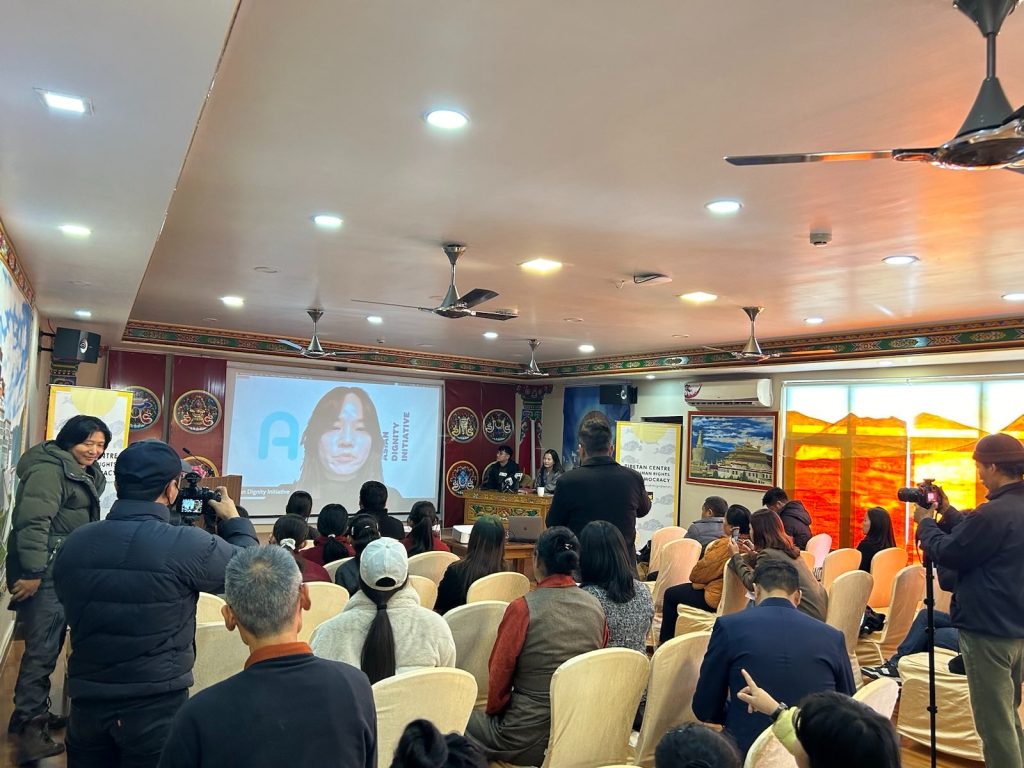
With the publication of this book, TCHRD pays tribute to the unwavering determination and brave resolve of the author Naktsang Nulo in sharing his incredible and inspiring life stories. May he fulfil all his aspirations without facing any obstacles!
With a foreword from His Holiness the Dalai Lama, who also blessed the first printed copy of the book days before its release, it goes beyond saying that this invaluable book will go on to inspire and educate generations of Tibetans and others on the importance of documenting and preserving memory for posterity.
